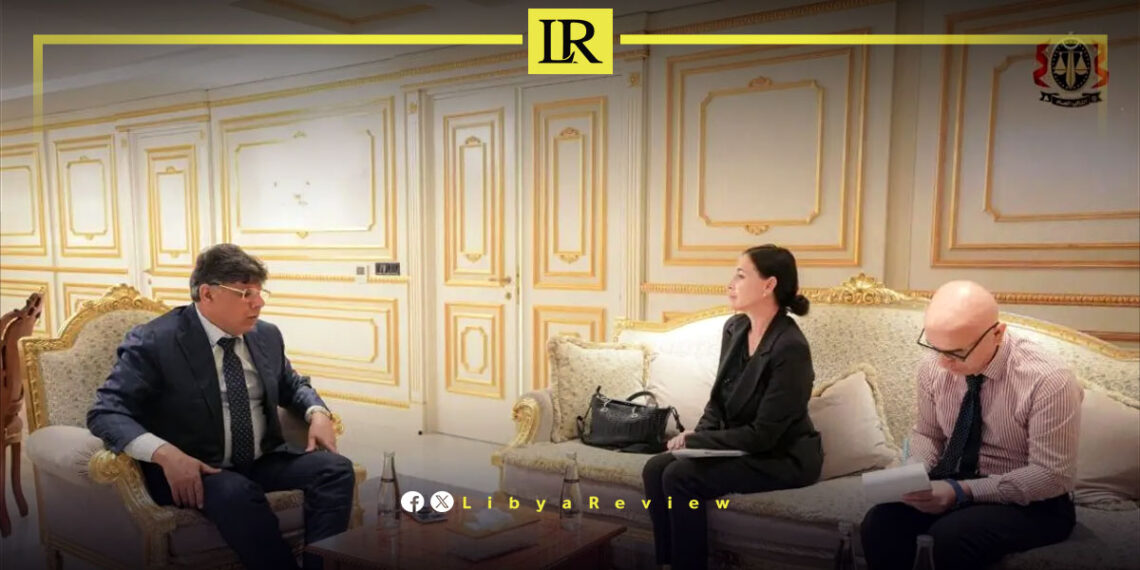Libya’s Office of the Attorney General, through its Criminal Research and Training Center, is deepening international cooperation as part of its five-year strategic plan. This week, the center welcomed an expert from Italy’s Guardia di Finanza, in coordination with the Italian Embassy in Tripoli.
Over the course of three days, the Italian expert reviewed the center’s operational systems, strategies, and activities aimed at modernizing the criminal justice chain. The center serves as the development arm of the Attorney General’s office, tasked with building institutional capacity and enhancing investigative standards.
The visit is a stepping stone toward a broader technical partnership between Libya and Italy. Planned areas of cooperation include tackling financial, economic, and cyber crimes, as well as combating terrorism financing, human trafficking, narcotics, smuggling networks, and organized crime groups.
The initiative underscores Libya’s commitment to adopting international best practices in criminal justice and strengthening its human and institutional capacities. For its part, the Guardia di Finanza—an elite financial police corps that marked its 250th anniversary last year—brings decades of specialized expertise in disrupting complex financial crimes and cross-border illicit activities.
Through such international partnerships, Libya aims to improve its judicial system, enhance transparency, and bolster the rule of law while reinforcing its role in the global fight against financial and organized crime.
Libya has been in chaos since a NATO-backed uprising toppled longtime leader Muammar Gaddafi in 2011. The county has for years been split between rival administrations.
Libya’s economy, heavily reliant on oil, has suffered due to the ongoing conflict. The instability has led to fluctuations in oil production and prices, impacting the global oil market and Libya’s economy.
The conflict has led to a significant humanitarian crisis in Libya, with thousands of people killed, and many more displaced. Migrants and refugees using Libya as a transit point to Europe have also faced dire conditions.
The planned elections for December 2021 were delayed due to disagreements over election laws and the eligibility of certain candidates. This delay has raised concerns about the feasibility of a peaceful political transition.
Despite the ceasefire, security remains a significant concern with sporadic fighting and the presence of mercenaries and foreign fighters. The unification of the military and the removal of foreign forces are crucial challenges.


